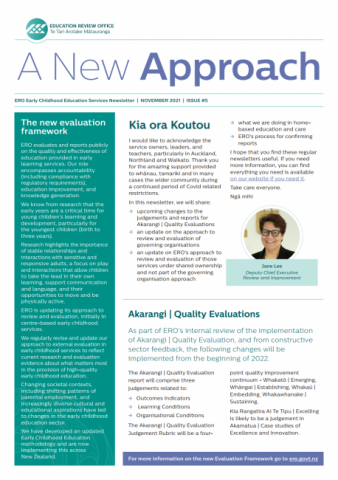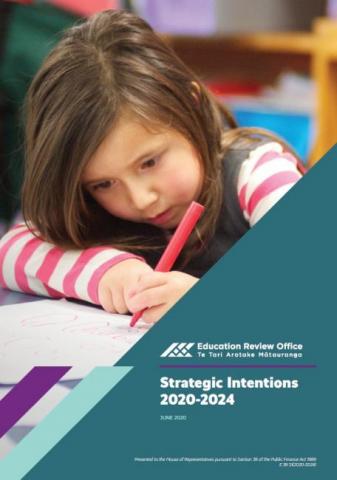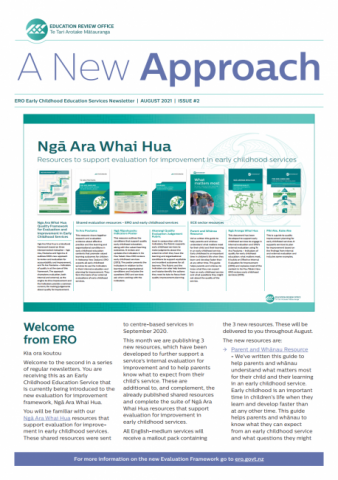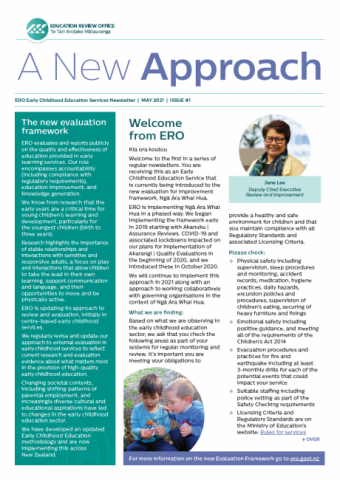How we do Akarangi | Quality Evaluations
Published: 31 Mar 2021
Read about our we conduct Akarangi | Quality Evaluations of early childhood services. This page also includes all of the documents that services need to complete as part of their review including a letter, assurance statement, and statistical information.
- Audience:
- Early learning
- Education
- Content type:
- Basic page
- Topics:
- Early learning





